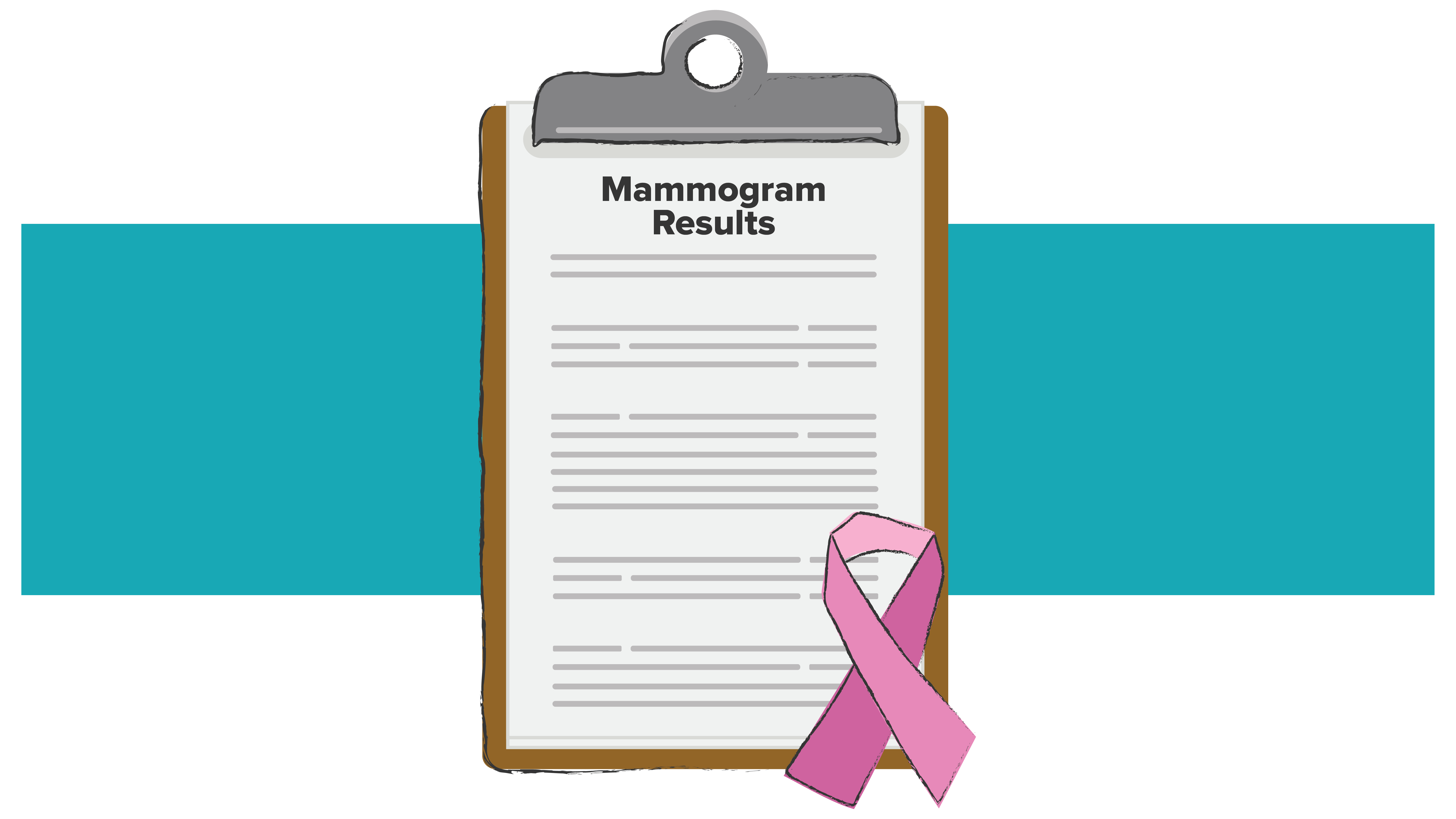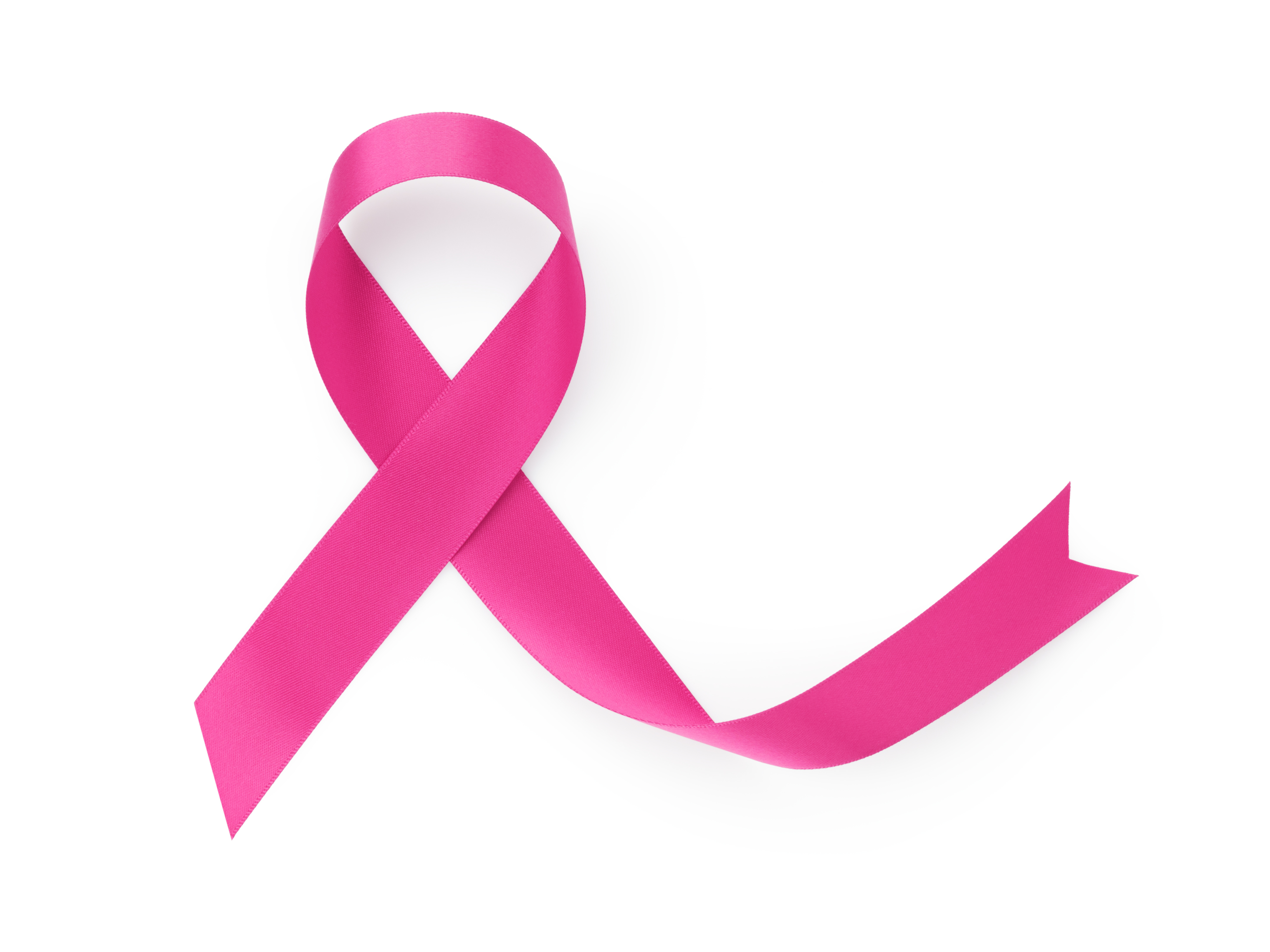Preventative Tips for Breast Cancer Awareness Month
Each year in the United Statesabout 255,000 cases of breast cancer arediagnosed in women. Men are not immune, there are about 2,300 cases diagnosed...

Early detection of breast cancer saves lives– are you due for a mammogram?
A screening test is used to look for a disease when a person doesn’t have physical symptoms, as opposed to a diagnostic test, which is performed after screening if abnormal results appear. A mammogram is a screening test designed to detect cellular irregularity in breast tissue. Because early-stage breast cancers can grow without symptoms, doctors recommend regular screenings based on reported and observed personal risk factors, including family history, personal history of cancer, patient age, and general health status.
Decades of research shows that people who undergo regular mammograms are more likely survive breast cancer. In fact, tumors detected in early stages are more likely to respond to treatments like chemotherapy, and less likely to require surgical breast tissue removal (lumpectomy or mastectomy).
Mammograms are not foolproof screening tools, and it is important to note that some patients need further screening and diagnostic procedures following a regular mammogram.
As research and technology expand our understanding of breast cancer, health organizations update breast cancer screening recommendations based on age and risk factors.
Current CDC recommendations include guidance through the United States Preventive Services Task Force: “Women who are 50 to 74 years old and are at average risk for breast cancer should get a mammogram every two years. Women who are 40 to 49 years old should talk to their doctor or other healthcare professional about when to start and how often to get a mammogram. Women should weigh the benefits and risks of screening tests when deciding whether to begin getting mammograms before age 50.”
During the test, a mammographer takes a low-dose X-ray of breast tissue across the pectoral (chest muscle) region. If the results show a tissue irregularity, a tissue sample will be collected for biopsy and checked by a pathologist trained to identify cancer cells.
Between this moment and getting your mammogram results comes scheduling and completing the mammogram with a qualified medical team.
If you might be due for a mammogram, talk to your primary care provider. They will review your medical history and other risk factors and make a recommendation for regular preventive screenings.
If you think you are at risk of cancer, have cancer, are a cancer survivor, or just need help getting started, call your Customer Experience Advocate team to see if you qualify for personalized services.

Each year in the United Statesabout 255,000 cases of breast cancer arediagnosed in women. Men are not immune, there are about 2,300 cases diagnosed...

Breast cancer is a significant health concern for women worldwide, with early detection being crucial for successful treatment and improved outcomes....

A study from the CDC found that, on average, men in the U.S. die 5 years earlier than women and are at higher risk of dying from heart disease,...